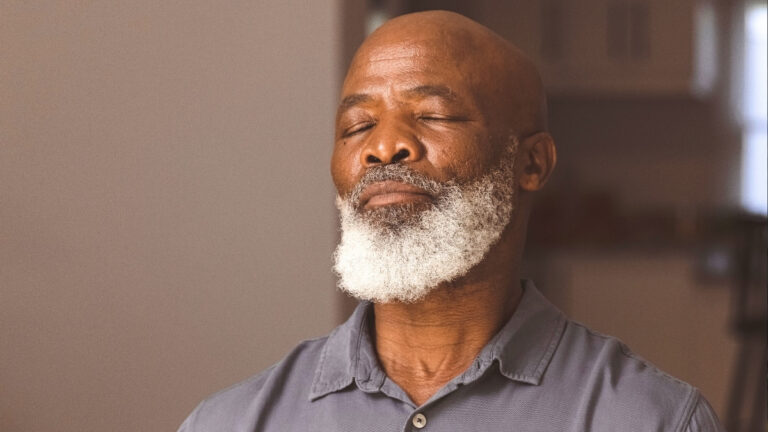Scientists Just Discovered Why Some People Age Slower – And It Has Nothing to Do With Genetics
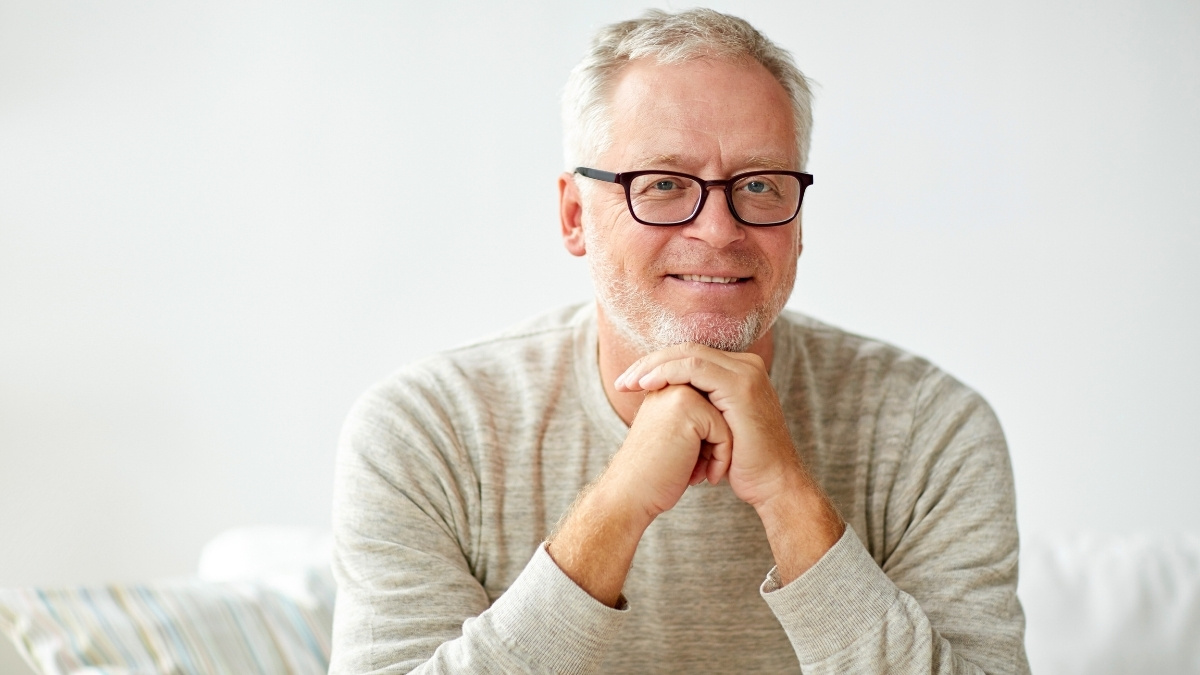
Look around at your high school reunion and you’ll see it immediately: some classmates look barely older than graduation day, while others could pass for your parents’ generation.
You’ve probably wondered why some people age slower than their friends. Maybe you feel like your body is racing ahead while your coworkers seem frozen in time. You eat salads. You skip dessert. But the mirror tells a different story.
Here’s what most people get wrong: they blame their parents. They think bad genes sealed their fate. But science tells us something surprising. Your DNA controls only 20-30% of how fast you age. The other 70-80%? That’s in your hands.
This isn’t about expensive creams or trendy supplements. Biological aging—the actual speed at which your cells break down—responds to specific, measurable factors. Some matter way more than others.
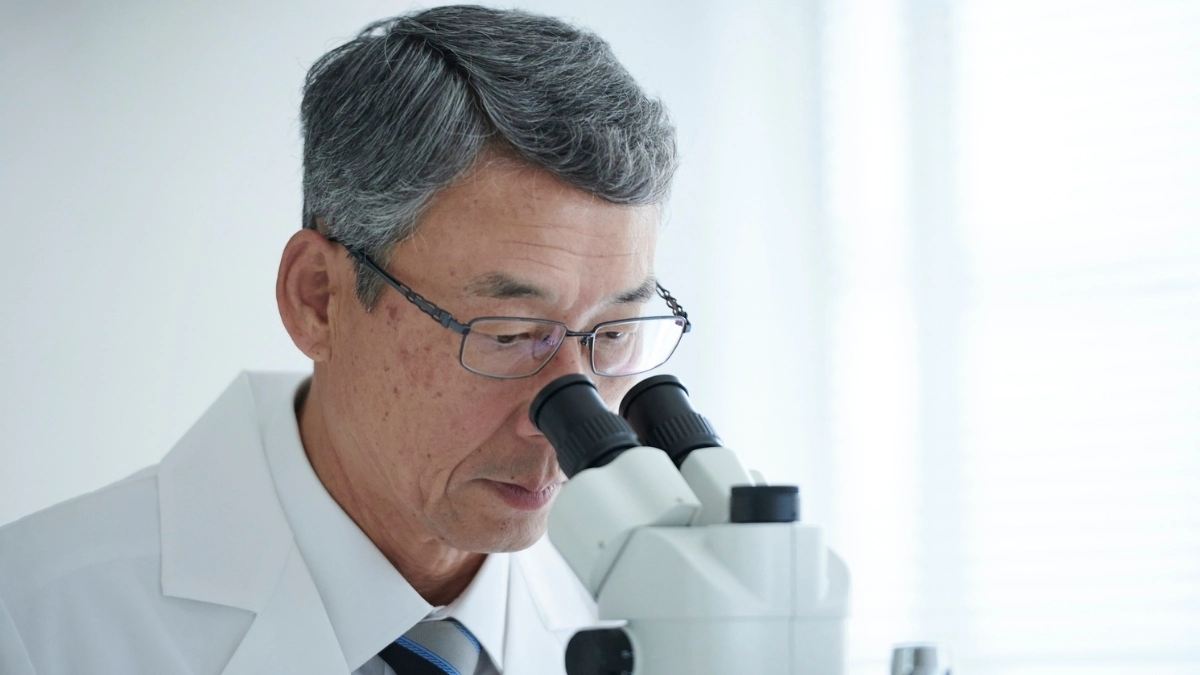
In this guide, you’ll discover the real mechanisms that control your aging speed. You’ll learn which aging factors beyond genetics make the biggest difference. And you’ll get specific, research-backed actions that can slow down your biological clock starting today.
The difference between looking 40 versus 60 at age 50? It’s more controllable than you think.
Why Genetics Play a Smaller Role in Aging Than You Think
If you’ve ever said “my parents aged badly, so I will too,” stop right there. That belief is killing your chances of aging well.
Here’s what science actually shows: your genes control only 20-30% of how you age. The rest? That’s on you.

Danish researchers studied thousands of twins for decades. They found something shocking. Even identical twins—people with the exact same DNA—aged at different speeds. One twin looked 50 at 60. The other looked 40. Same genes. Different lives.
The difference wasn’t in their DNA. It was in their daily choices.
Think of genes as a blueprint for a house. Yes, the blueprint matters. But you’re the construction crew. You decide if the house gets maintained or falls apart. Genes load the gun. Your lifestyle pulls the trigger.
Look at the world’s oldest people. Researchers expected to find special “longevity genes.” They didn’t. Centenarians in Sardinia don’t share unique DNA. They share lunch breaks, walking habits, and strong friendships.
Your biological aging factors—inflammation, cell repair, energy production—respond to what you do today, not what your parents did.
A 2024 study in Nature Aging proved this. People with “bad genes” for aging lived just as long as people with “good genes”—when they followed healthy habits. The genes stopped mattering.

This means you’re not stuck. You’re not doomed. The people who age slower aren’t lucky. They just know which biological aging factors to target.
And here’s the truth about why some people age slower: they stopped blaming genetics and started controlling what actually matters.
Your genes gave you a starting point. What happens next is up to you.
The Real Biological Aging Factors Science Just Confirmed
So if genes aren’t the boss, what is? Four biological aging factors control how fast you age. And you influence all four every single day.
First: Zombie Cells
Your cells are supposed to die when they’re damaged. Some don’t. They become “senescent cells”—basically zombies. They sit in your body, refuse to die, and poison the healthy cells around them.
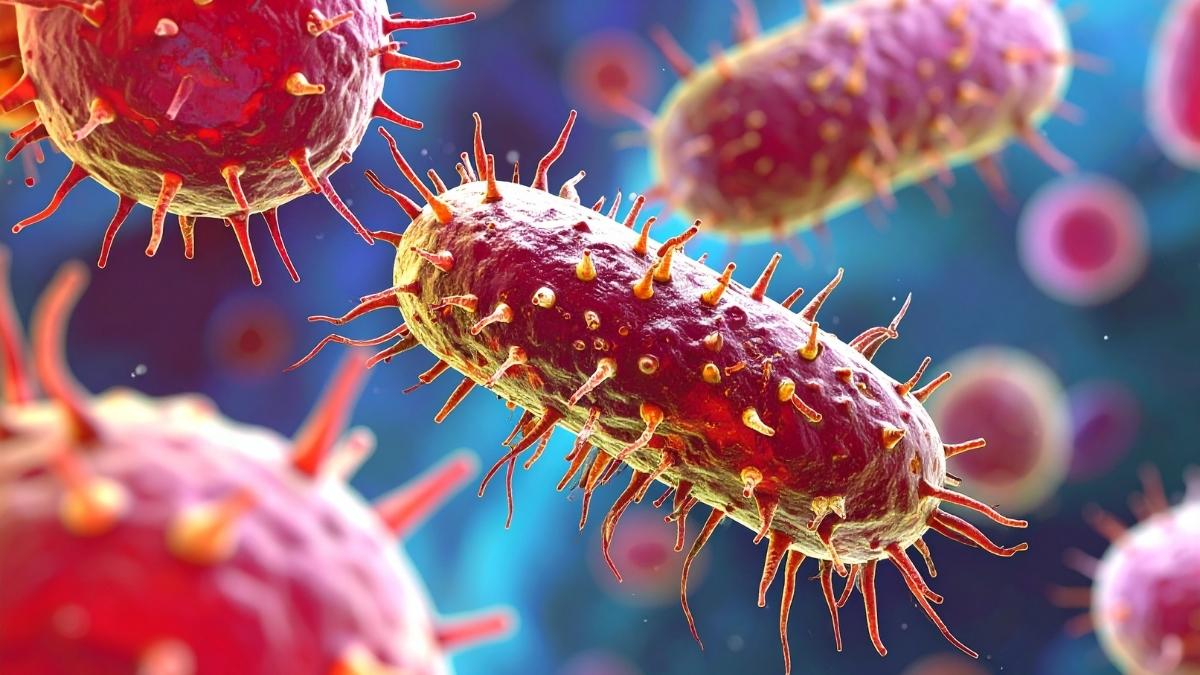
Mayo Clinic researchers found these zombie cells cause everything from wrinkles to heart disease. The more zombie cells you have, the faster you age.
Second: Chronic Inflammation
Doctors call it “inflammaging.” Your body stays in constant low-grade attack mode. Your C-reactive protein levels stay elevated.

Your immune system attacks your own tissue. This inflammation damages your DNA, kills healthy cells, and speeds up every disease of aging. It’s the universal aging accelerator.
Third: Energy Crisis
Your cells have tiny power plants called mitochondria. They make the energy you need to live. But here’s the problem: between ages 40 and 60, your NAD+ levels drop by 50%.
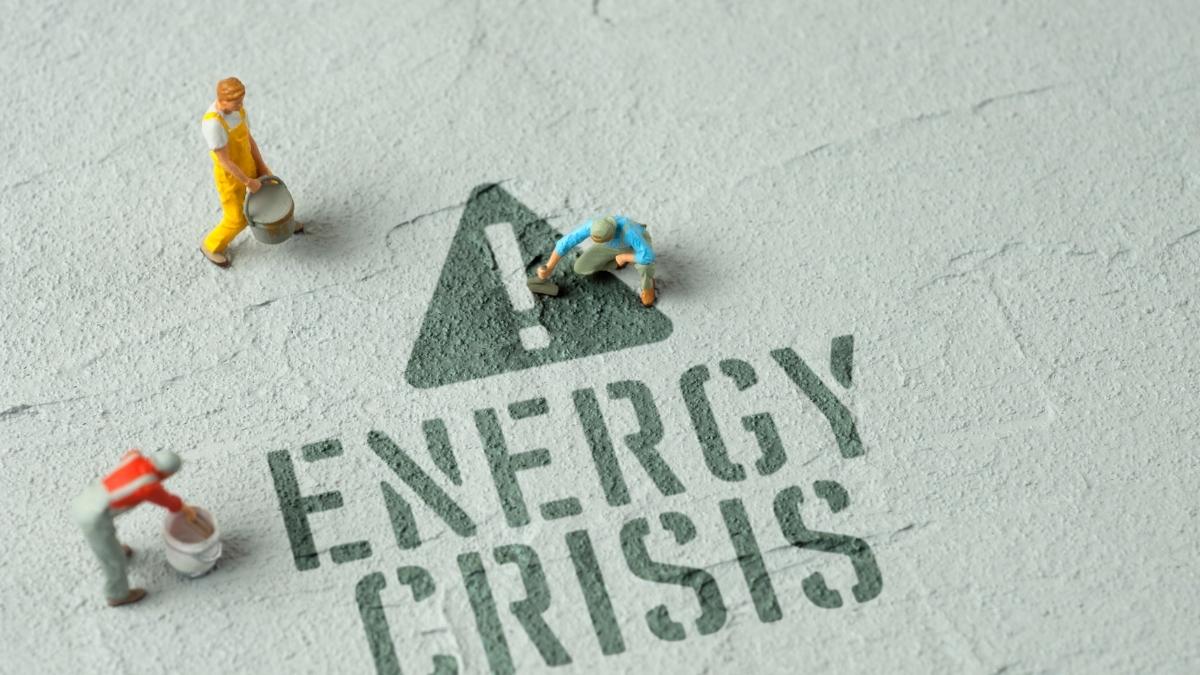
NAD+ is the fuel your mitochondria need. Less fuel means less energy. Less energy means faster aging. Harvard researchers proved this connection in 2023.
Fourth: Telomere Trouble
Think of telomeres as the plastic tips on shoelaces. They protect your DNA. Every time your cells divide, telomeres get shorter. When they get too short, your cells die. Elizabeth Blackburn won a Nobel Prize for figuring this out at UC San Francisco.
But here’s what matters: some people’s telomeres shorten faster than others.

These four cellular aging mechanisms explain why some people age slower. One person has fewer zombie cells. Another keeps inflammation low. A third protects their mitochondria. The fourth maintains their telomeres better.
Same age. Different biological clocks. Different daily habits.
How Chronic Inflammation Makes Some People Age Faster
You’ve heard “inflammation is bad.” But the inflammation that ages you is invisible. No pain. No redness. No swelling. Just silent damage happening 24/7.
Doctors call it inflammaging. Your immune system stays switched on at low power all the time. Your IL-6 and TNF-alpha levels stay elevated. This slow burn destroys healthy tissue, damages your DNA, and speeds up aging.
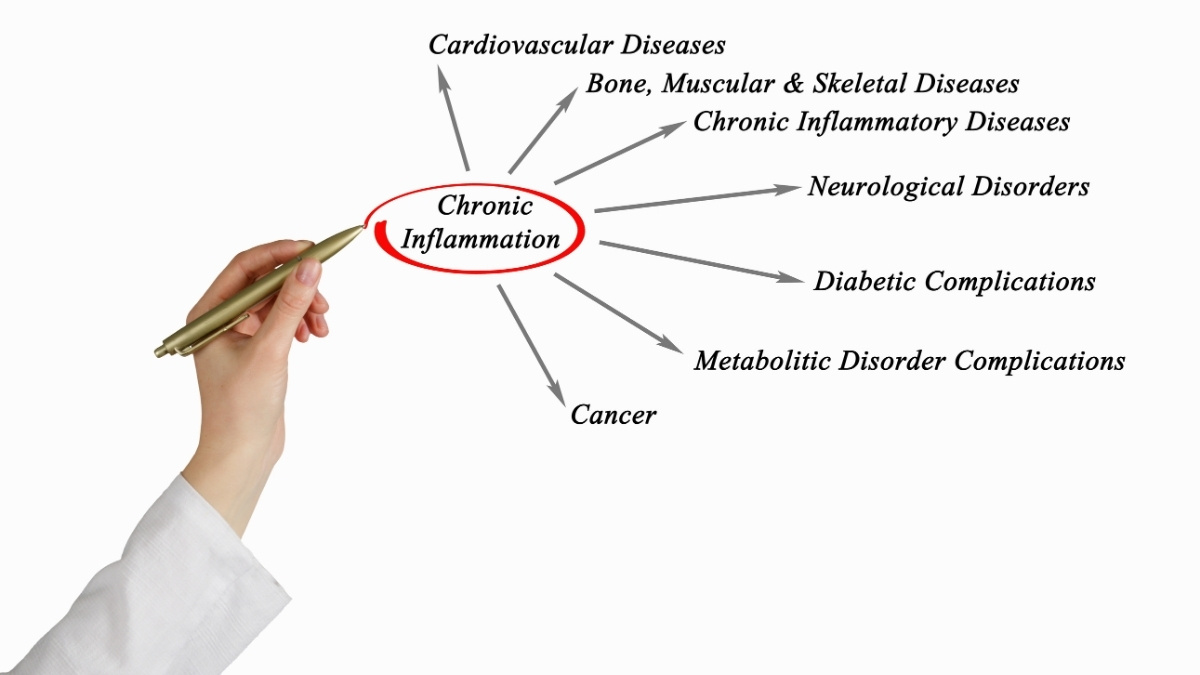
Here’s what most people miss: the inflammation isn’t coming from where you think.
Your gut might be the problem. As you age, your gut microbiome loses diversity. It drops by 40% between ages 30 and 70. Bad bacteria take over. They leak toxins into your bloodstream. Your immune system fights back constantly. That’s inflammation.
Your mouth could be another source. 70% of adults over 65 have gum disease. The bacteria from infected gums enter your bloodstream every time you chew. Stanford researchers found this oral inflammation directly triggers brain inflammation and cognitive decline.
Sleep apnea is the hidden killer. You stop breathing dozens of times per night. Your oxygen drops. Your body panics. This creates massive inflammation that most doctors never connect to your aging symptoms.
The inflammation cascade works like this: gut problems trigger immune response, which damages blood vessels, which leads to heart disease, which reduces blood flow to your brain, which causes dementia.
One problem becomes five diseases.

Here’s the weird part: some people tolerate more inflammation than others. Two people with the same C-reactive protein levels age at different speeds. Scientists don’t fully know why yet. Individual thresholds vary.
But here’s what we do know: the slow aging secrets all involve keeping inflammation low. The anti-aging lifestyle habits that actually work? They’re all anti-inflammatory. That’s not a coincidence.
Your standard blood test won’t catch this. Basic panels miss chronic inflammation. You need specific markers tested.
Why Cellular Cleanup Determines Your Aging Speed
This cleaning crew removes broken proteins, damaged parts, and cellular garbage. When it stops working well, you age fast.
Yoshinori Ohsumi won the Nobel Prize in 2016 for figuring out how autophagy works. His research showed something scary: when your cellular cleanup slows down, toxic proteins pile up. These clumps cause Alzheimer’s and Parkinson’s. The garbage becomes poison.
Here’s the aging connection. Young cells clean themselves constantly. Old cells? The cleaning crew gets lazy. Trash accumulates. The cell can’t function right. It becomes one of those zombie cells we talked about earlier
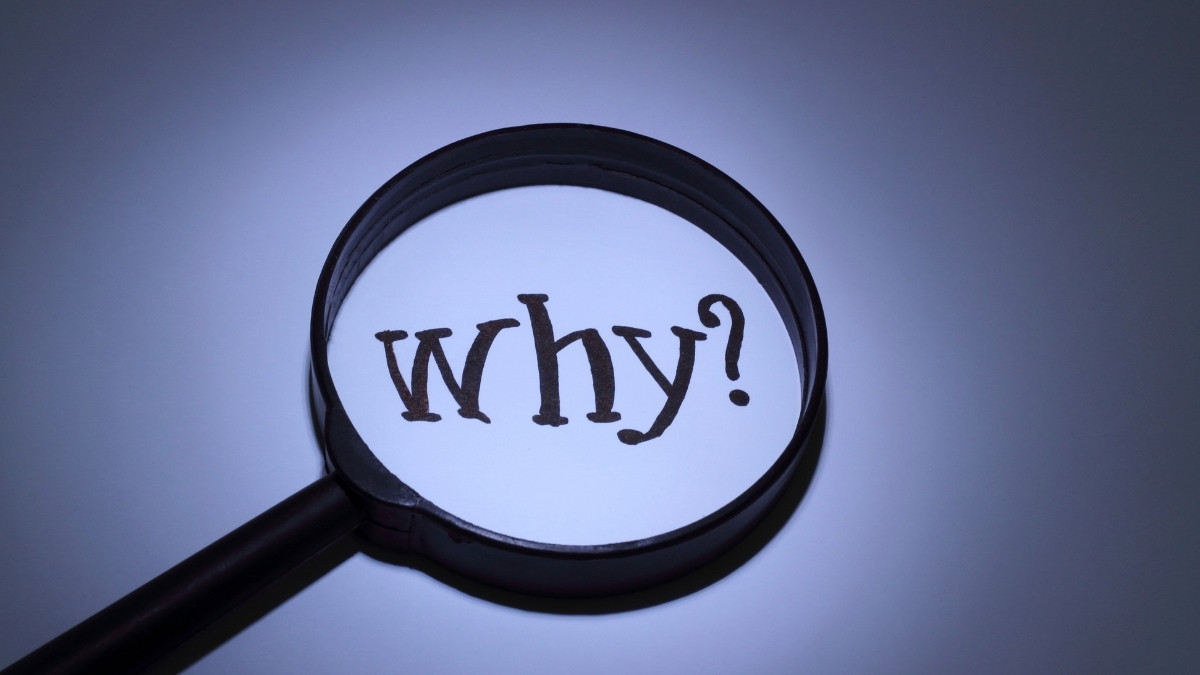
This is why some people age slower: their autophagy stays strong longer. It’s one of the key biological aging factors you can actually control.
There’s a master switch called mTOR. When it’s on, your cells grow. When it’s off, your cells clean. Scientists tested mTOR inhibition in yeast, worms, flies, and mice. Same result every time: longer lifespan.
You can’t stay in growth mode and cleaning mode at the same time. Your body has to pick.
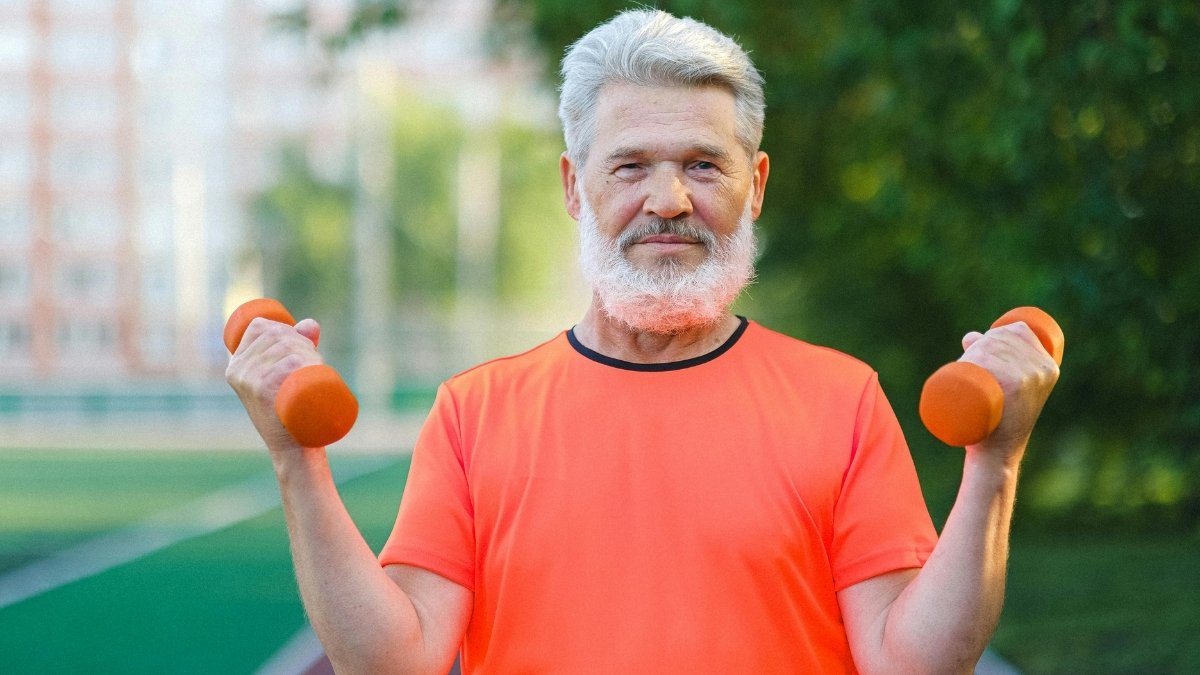
Here’s how to flip the switch: Don’t eat for 16 hours. Studies show autophagy kicks in after about 16 hours of fasting. Your cells stop growing and start cleaning. Exercise does it too. When you work out hard, your muscles activate autophagy to clear out damaged parts and build back stronger.
The Mitochondrial Secret Behind Slow Aging
Every cell in your body has tiny power plants called mitochondria. They turn food into energy. Without them, you’d be dead in seconds.
Here’s the problem: between ages 20 and 70, your ATP production drops by 50%. ATP is cellular energy. Less ATP means tired muscles, foggy brain, slower healing, and faster aging.
But some people keep their power plants running strong. That’s one of the real slow aging secrets.
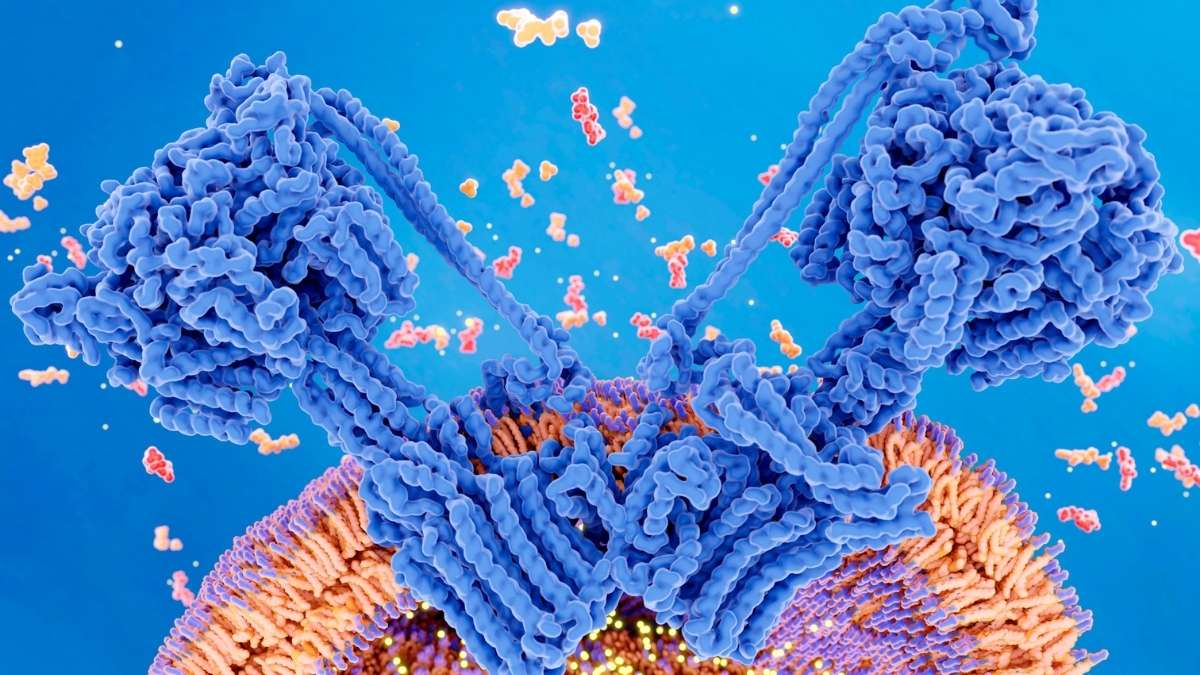
David Sinclair at Harvard figured out why. Your mitochondria need a fuel called NAD+. Remember from earlier? It drops 50% as you age. Less fuel means weaker power plants. Weaker power plants mean less energy for everything—including cell repair and cleanup.
The good news? You can build more power plants. Exercise creates 2-3 times more mitochondria in your muscles. Your body sees the stress and thinks “we need more energy” and builds more generators. This is called mitochondrial biogenesis.
There’s a master switch for this called PGC-1α. When you activate it through exercise or cold exposure, your cells start building new mitochondria. More power plants mean more energy at any age.
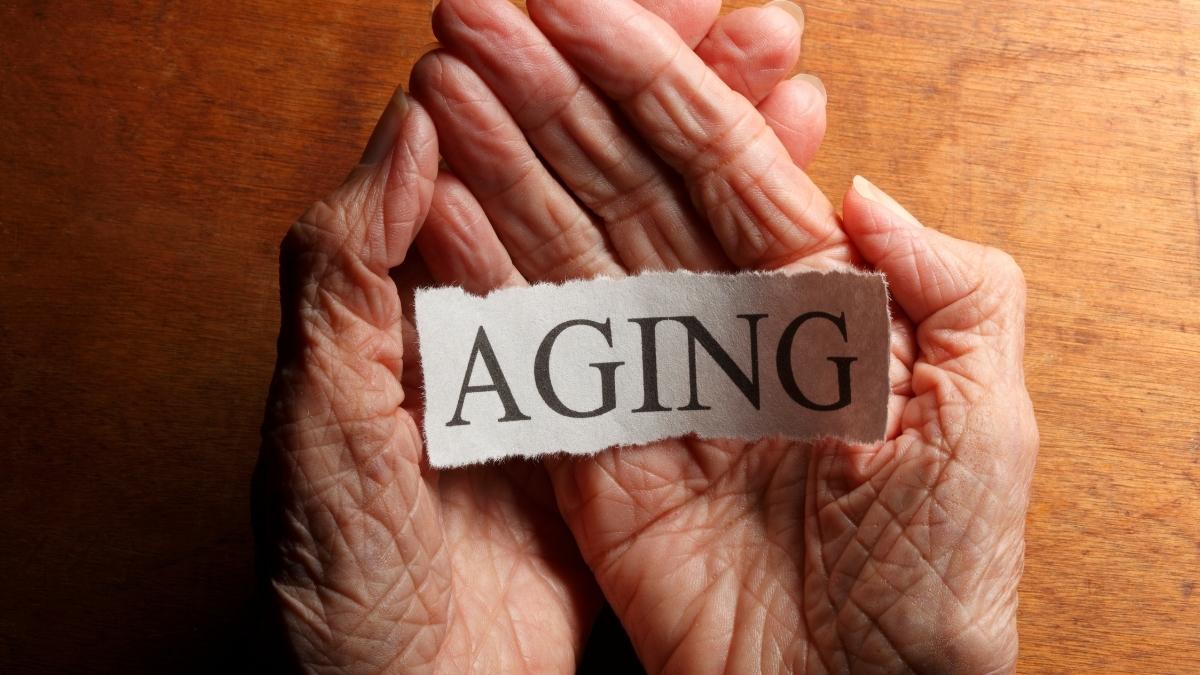
Cold does something else too. It activates brown fat—a special fat that burns calories to keep you warm. People with more active brown fat have better metabolic flexibility. They can switch between burning sugar and fat easily. This flexibility is one of the key anti-aging lifestyle habits.
Here’s what matters: mitochondrial density varies wildly between people the same age. One 60-year-old has the mitochondria of a 40-year-old. Another has the mitochondria of an 80-year-old. The difference isn’t genes. It’s movement and cold exposure.
Why Some Stress Makes You Age Slower (And Other Stress Ages You Faster)
Here’s the weirdest discovery: the right kind of stress makes you younger. The wrong kind ages you fast. Most people have it backwards.
Good stress is short and intense. Bad stress is constant and low-grade. Scientists call the good kind “hormesis.” It’s like working out for your cells.
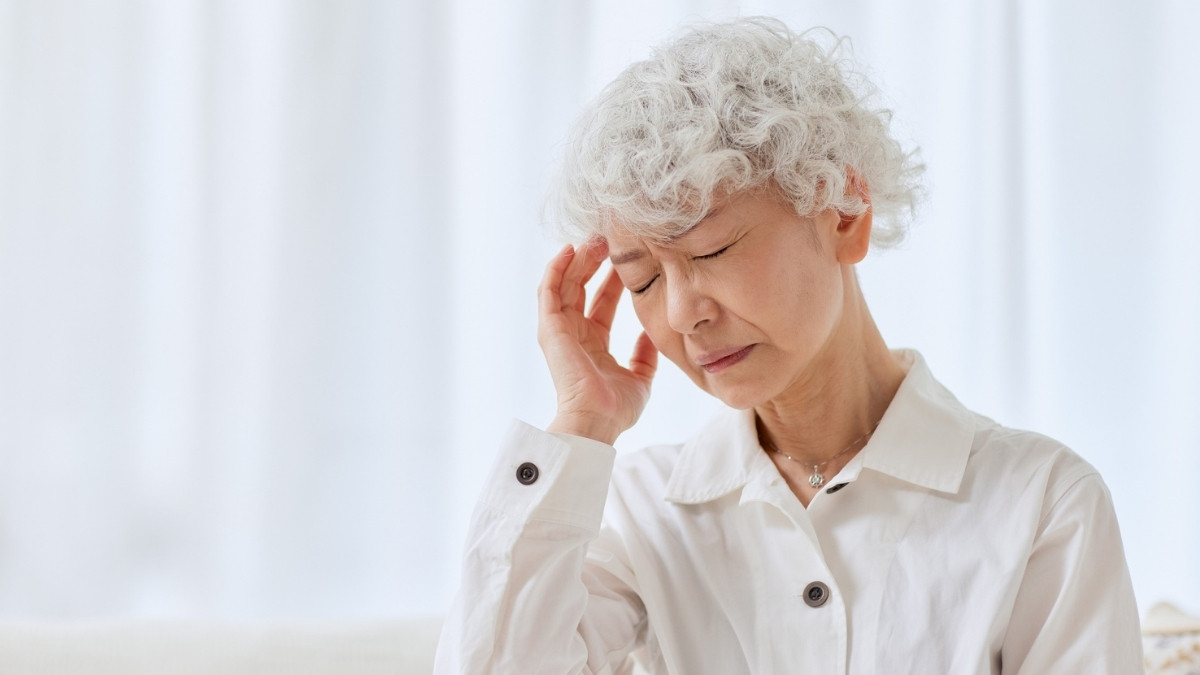
When you hit the sauna at 104°F, your cells panic for a moment. They release heat shock proteins to protect themselves. These proteins repair damaged parts and clean up broken proteins.
Finnish researchers found that people who sauna 4-7 times weekly reduce their death risk by 40%. That’s huge.
Cold water does the same thing in reverse. Jump in cold water and your cells release cold shock proteins. These activate longevity genes and build new mitochondria. Short stress. Big benefit.
Now compare that to chronic stress. Your boss emails you at 10 PM. You check your phone every five minutes. Your cortisol stays elevated all day, every day.
UCSF researchers found this constant stress literally shortens your telomeres—those protective caps on your DNA. Shorter telomeres mean faster aging.
Here’s what matters: your body can’t tell the difference between a real threat and email anxiety. Both trigger cortisol. But one ends quickly. The other never stops.
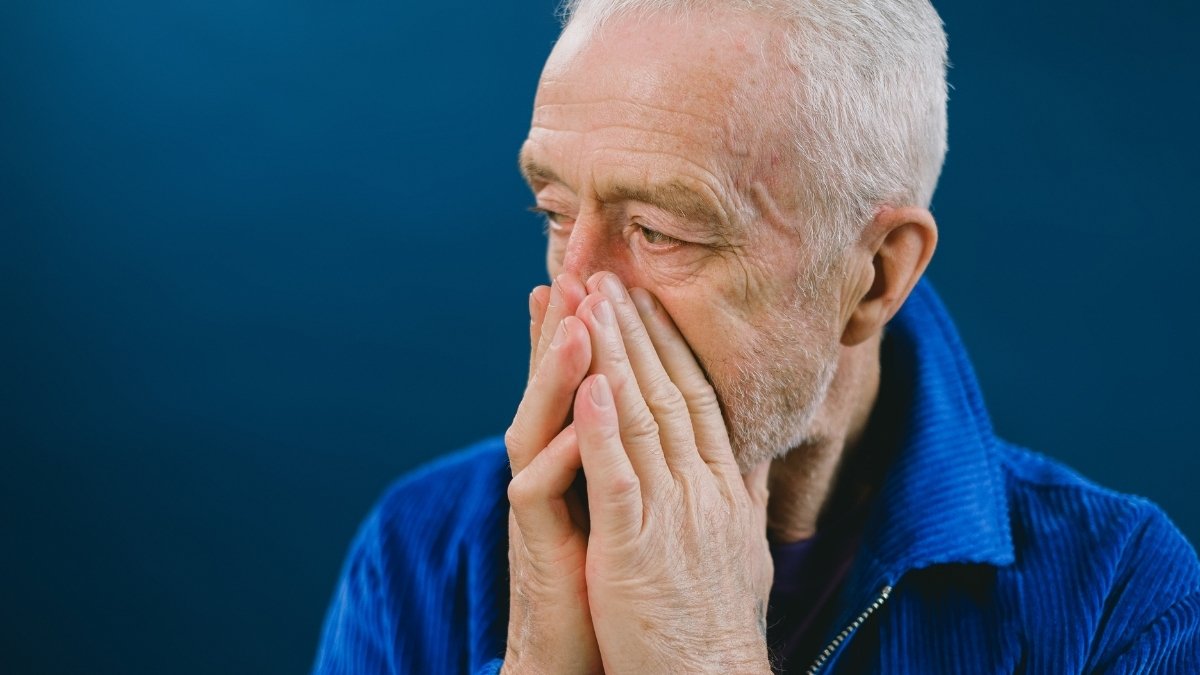
This is why some people age slower despite stressful jobs. They have better stress resilience. Scientists measure this with heart rate variability (HRV). Higher HRV means your nervous system can switch between stressed and relaxed quickly.
Lower HRV means you’re stuck in stress mode.
The biological aging factors you control include how you handle stress. Short bursts that challenge you? Good. Constant worry that never ends? Aging accelerator.
Anti-Aging Lifestyle Habits That Actually Work
You know the mechanisms now. Here’s how to actually use them. These are the real slow aging secrets that separate people who look 45 at 60 from people who look 70 at 60.
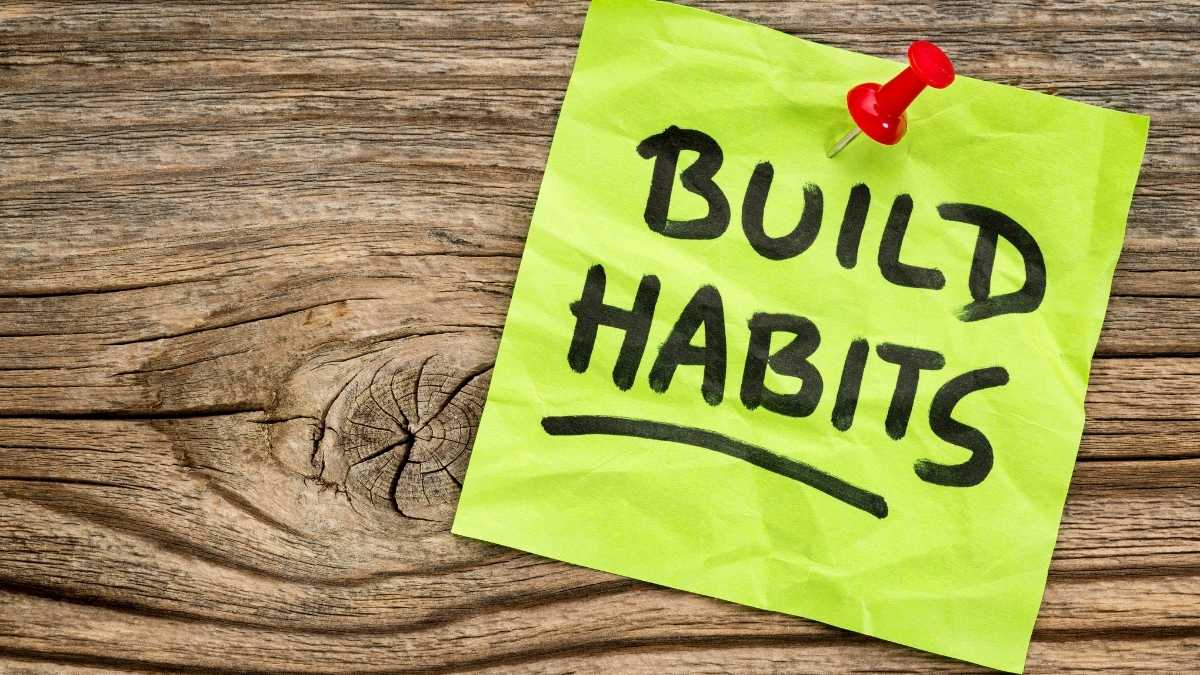
Timing beats perfection every time. When you eat matters more than what you eat. Stop eating at 7 PM. Don’t eat again until 11 AM the next day. That’s 16 hours. Your autophagy switches on. Your cells start cleaning. Do this daily and you’re already ahead of 90% of people.
Exercise timing matters too. Morning workouts sync with your circadian rhythm. They tell your body “we’re active now” and set your metabolic clock. Evening workouts work fine but can mess with sleep for some people. Test both. See what works for you.
Sleep consistency beats sleep duration
Going to bed at 10 PM one night and 2 AM the next confuses every system in your body. Your cortisol stays high. Your autophagy gets disrupted. Your mitochondria don’t repair properly. Pick a bedtime. Stick to it within 30 minutes. Every single night.

Here’s the power move: stack interventions. Fast for 16 hours, then work out, then hit the sauna. You just activated autophagy, built mitochondria, and triggered heat shock proteins in one morning. These anti-aging lifestyle habits work together, not separately.
But here’s the truth: what works for someone else might not work for you. Your gut bacteria are different. Your stress resilience is different. Your sleep needs are different. One-size-fits-all plans fail because biology isn’t uniform.
This is why some people age slower on different diets and exercise routines. They found what works for their body, not what a book told them to do.
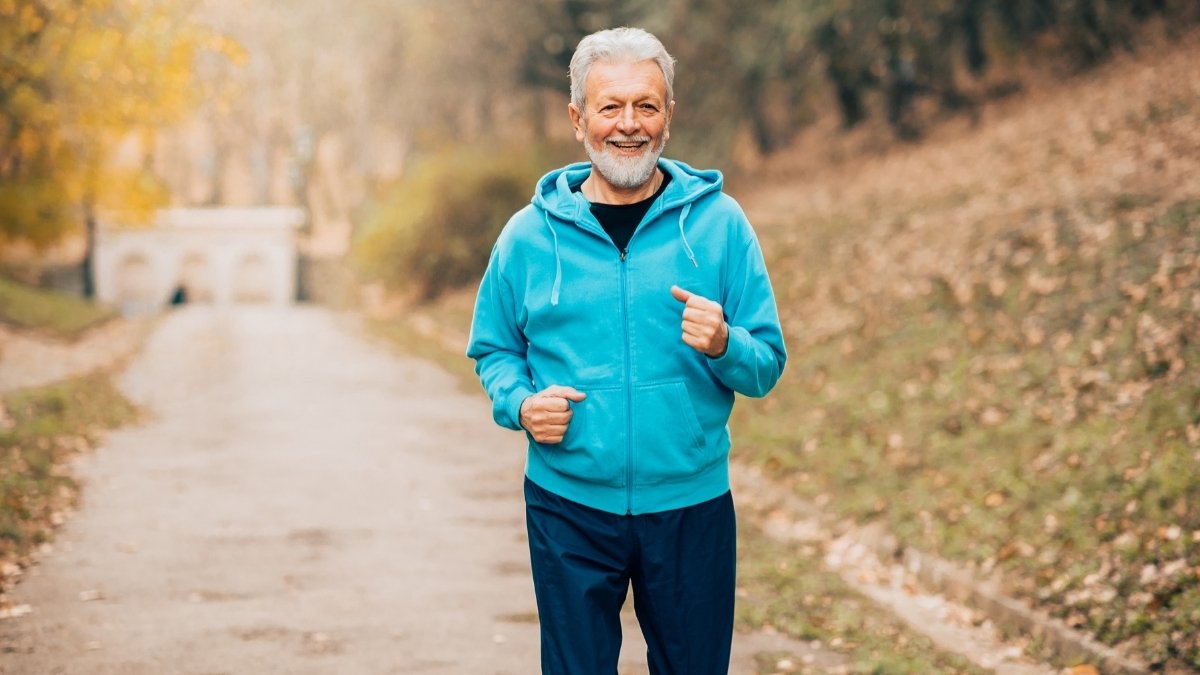
You need to measure. Get your biological age tested. Options include TruAge, myDNAge, or GlycanAge. These tests analyze your DNA methylation patterns and tell you if you’re aging faster or slower than your chronological age. Test now. Change habits. Test again in 6 months.
The 80/20 rule applies here. Twenty percent of actions create 80% of results. Based on the research, these five things matter most:
- Fast 14-16 hours daily
- Exercise 3-4 times weekly (mix strength and cardio)
- Sleep same time every night
- Sauna or cold exposure 2-3 times weekly
- Keep inflammation low (gut health, oral health, manage stress)
Do these five consistently and you’ve addressed all four biological aging factors: inflammation, autophagy, mitochondria, and stress response.
That’s why some people age slower. Not luck. Not genes. Consistent habits that target the right mechanisms.
Final Thoughts:
Here’s what matters most: You’re not stuck with the aging speed you inherited. The science is clear now. Your daily choices—what you eat, how you move, when you sleep, how you handle stress—these shape your biological age more than your DNA ever will.
Some 60-year-olds have the cells of 45-year-olds. Others at 45 look biologically 60. The difference isn’t luck.

It’s the small decisions you make every single day. Start with one change today. Fix your sleep schedule. Add more plants to your plate. Move your body for 20 minutes. You don’t need perfection. You need consistency. Your cells are listening. And they respond faster than you think.





